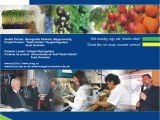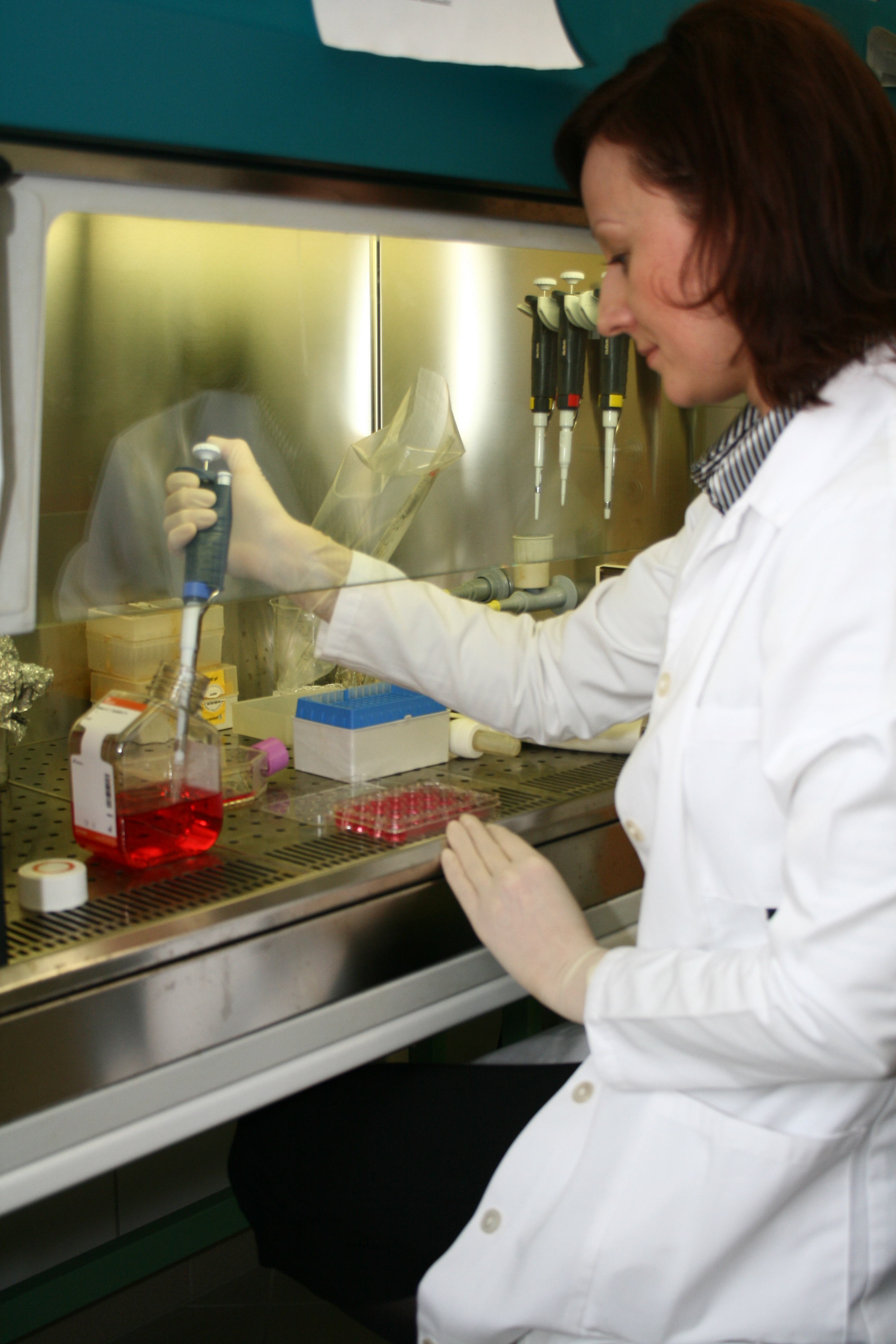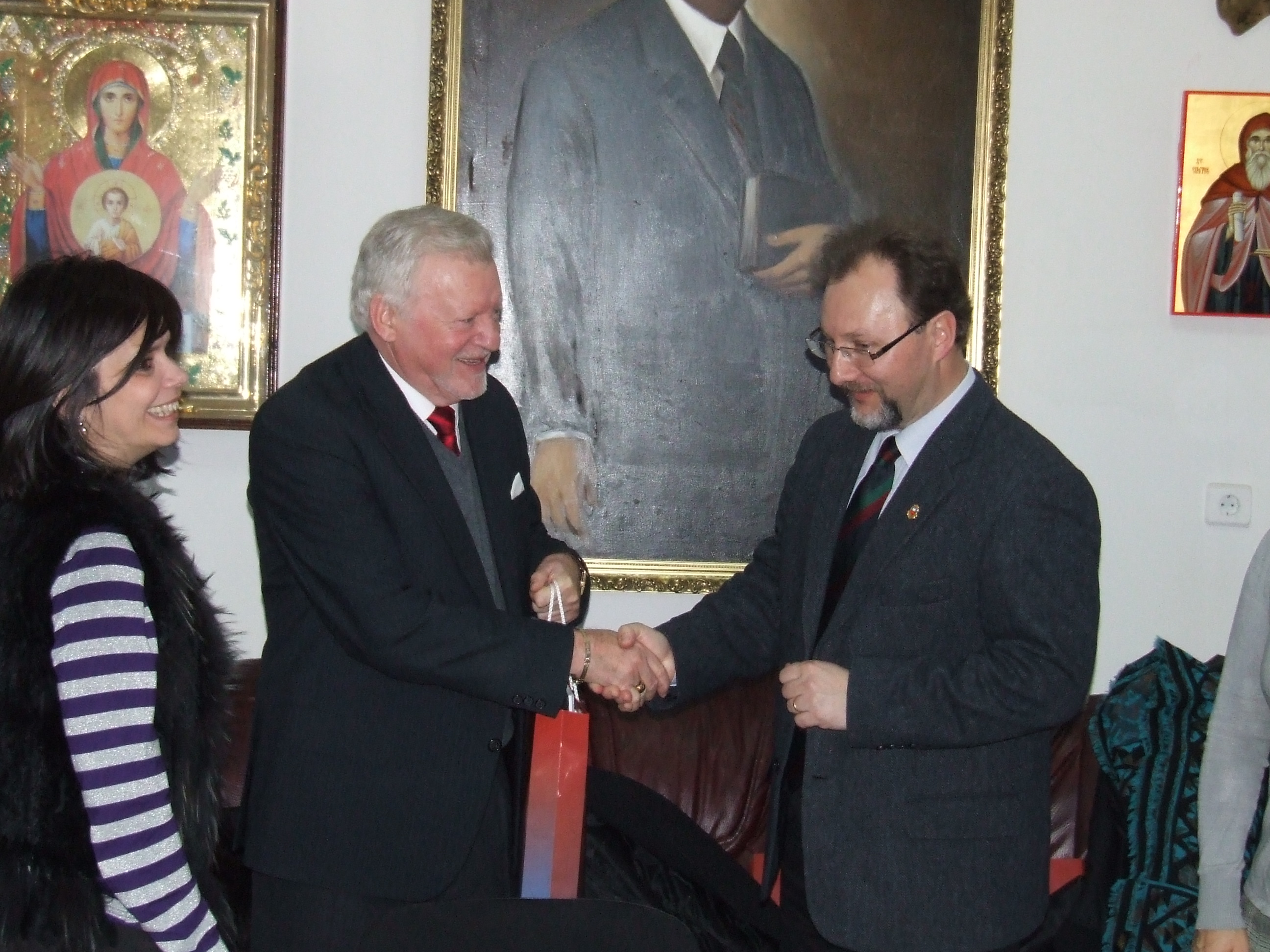Home
Downloads
2014+
The College of Nyíregyháza together with Western University Vasile Goldis Arad was succesfull in receiving financing within the Hungary-Romania Cross-Border Co-operation Programme 2007-2013 for the joint project called „In vitro investigation of natural plant extracts on their potential antitumoral effect”.

The two young and dynamic higher education institutions decided to strengthen the R&D activities and creative knowledge of the region with common efforts. It is widely accepted, that the knowledge gained in higher education has a favourable effect on innovative processeses, enhancing the competitiveness of regional economy.
The objective of our project (HURO/0801/110) is the identification of bioactive agents found in agrarian or grown plants and to develop nutrition strategies rich in chemo-preventive active substances, which help to prevent the formation of tumor related diseases. Meeting this challenge is only possible in the frame of international co-operation, based on the joint work of a team of specialists and the sharing of professional experience and infrastructure. The partners will implement all phases of the project jointly; the partnership agreement makes the exchange of experience possible between the interested students and the researchers within the partner institutions.

Those interested can learn more about the plants involved in our researches and the cell lines that the substitutes are tested on on our webpage: www.huro0801.nyf.hu.
Our further objective is to prepare a study based on the results of the research examining how a successful anti-tumor agent can contribute to the cooperation and development of economic actors, what kind of economical and business relation can be established, and how the companies of the region can utilize the research capacities and R&D results of the project.
The results of the project will be accessible to the wide public; we created the three-lingual (Hungarian-Romanian-English) webpage of the project, through which those interested can continuously follow the achievements. We hope that the publicised information and the scientific results will contribute to the enhanced knowledge of the wider public in order to help orientating them towards healthy living.
The project’s kick-off conference was held on Arad (Romania), on the 23rd of February 2010. The local media, the representatives of health institutions showed interest in this event, and almost all newspapers and magazines, local television and radio publicised coverage on the starting of the joint Hungarian-Romanian project and the existing cooperation.
 We are promoting the project in Nyíregyháza too, since we realized that communication, and especially visual communication is the basic requirement to success, in every aspect of the project. We consider it important, to let the wider public -being also the beneficiaries of the initiative- meet the project and to be familiar with the impact of the European Union in the regional development through the financed projects. However, this is not the only reason why we try to create the visibility for our work in the laboratory or tend to achieve the scientific results through our best knowledge. What we need to prove by the successful implementation of this project is that research does not know borders and it is worth working in teams, learn from each other and achieve our common goals.
We are promoting the project in Nyíregyháza too, since we realized that communication, and especially visual communication is the basic requirement to success, in every aspect of the project. We consider it important, to let the wider public -being also the beneficiaries of the initiative- meet the project and to be familiar with the impact of the European Union in the regional development through the financed projects. However, this is not the only reason why we try to create the visibility for our work in the laboratory or tend to achieve the scientific results through our best knowledge. What we need to prove by the successful implementation of this project is that research does not know borders and it is worth working in teams, learn from each other and achieve our common goals.
Czapár Mária
contact person